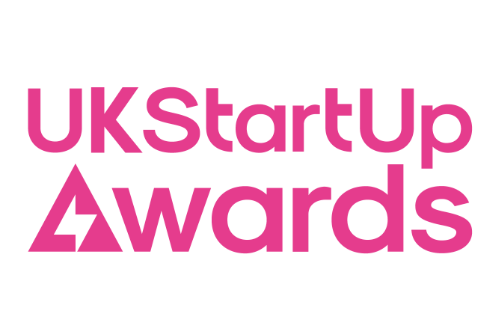Blockchain technology has emerged as a promising solution for enhancing the security and transparency of various processes, including digital identity verification. So yes, it certainly does have the potential in blockchain in authenticating digital identities in a complaint way for solicitors, accountants’ , banks and more recently the electronic voting systems ,but it does hold significant implications for data protection.
This article explores the regulatory landscape surrounding the use of blockchain technology in revolutionising these processes in the U.K, whilst flagging the need for cautionary use.
Understanding blockchain technology
Blockchain is a decentralised ledger technology that enables secure and immutable record-keeping. It operates through a network of nodes, with each node maintaining a copy of the ledger, thus ensuring full transparency and integrity. Transactions on the blockchain are cryptographically secured so cannot be altered once recorded, making it an ideal platform for verifying digital identities and verifying the accuracy of a transaction.
Regulatory framework in the UK
In the UK, electoral processes are governed by a comprehensive regulatory framework that ensures the integrity and fairness of elections. The Electoral Commission regulates electoral activities, including voter registration, campaigning, and voting procedures.
Banks – service providers , like solicitors , have their own regulations as well as anti-money laundering rules and know your client KYC (Know Your Customer) requirements. These are extremely stringent regulations all about how to verify identities and by what means is permitted.
Additionally, data protection laws, such as the General Data Protection Regulation (GDPR), govern the collection, processing, and storage of personal data, including digital identities. The misuse of this data can lead to penalties and legal issues.
So how would and can Blockchain technology integrate with these regulations?
Application of blockchain in digital identity verification:
Blockchain technology offers several advantages for digital identity verification let us take the electoral processes as this is topical right now. By leveraging blockchain, voters can securely register their identities and participate in electronic voting without compromising privacy or security. The immutable nature of blockchain ensures that voter identities remain tamper-proof and transparent, reducing the risk of fraud and manipulation. Something essential given recent press coverage of overseas rigged votes !!
Challenges and considerations
Despite its potential benefits, there are real risks which include ensuring compliance with existing regulatory frameworks, voter privacy and data protection as their choice of vote may not be confidential and so establishing trust in the integrity of the blockchain network. Additionally, technical issues such as scalability and interoperability may impact the widespread adoption of blockchain-based voting systems. This would also be the same for other identity verification requirements such as the banking industry especially given overseas jurisdictional cross overs.
The “blockchain” or “DAG – (Directed Acyclic Graphs, which are used by some cryptocurrencies)” are way though off allowing for anonymous voting as each vote would be coming from a verified person with a crypto wallet (otherwise you could have people not authorised voting) This means privacy on how persons voted could be compromised, whilst accurate no longer private.
The blockchains and DAGs would be perfect to use for digital passports and identities as they would be impossible to forge once allocated to someone (the process for getting one would still be vulnerable for abuse though) Communities in the crypto space use the technology already for voting on aspects of their communities’ policies etc. But until everyone has a better understanding on the way blockchain, and crypto wallets currently work it is more for the “early adopters” than the “masses”. But one day everyone who has a bank account will invariably have a crypto footprint, to some extent.
Whilst Blockchain does stop changes and amendments to documents therefore they are secure and verified, the concerns around privacy are genuine causes to adopt caution. For the electoral process whilst it could not be ‘rigged ‘ and entirely accurate and secure, privacy on how people voted would be, a grave concern. Blockchain does not hide the identity of those providing the information it is simply locked in so that it cannot be varied or altered by a third-party.
Conclusion
The integration of blockchain technology in digital identity verification has the potential to revolutionise this requirement, enhancing transparency, security, and accessibility. However, regulatory clarity, technological challenges, and public trust remain critical factors in realising the full potential of blockchain-based voting & verification systems.
As policymakers and stakeholders continue to explore the possibilities of blockchain, it is essential to address these challenges proactively to ensure the integrity and legitimacy of democratic processes in the digital age. We often draft commercial documents for our emerging technology clients anticipating the regulations that are likely to be imposed in the future, exploring, and seeking to limit exposure and forecast potential issues offering contingency plans.
It’s an exciting landscape but one to be handled carefully and with experienced technology lawyers and reputable coders
Share via:










































